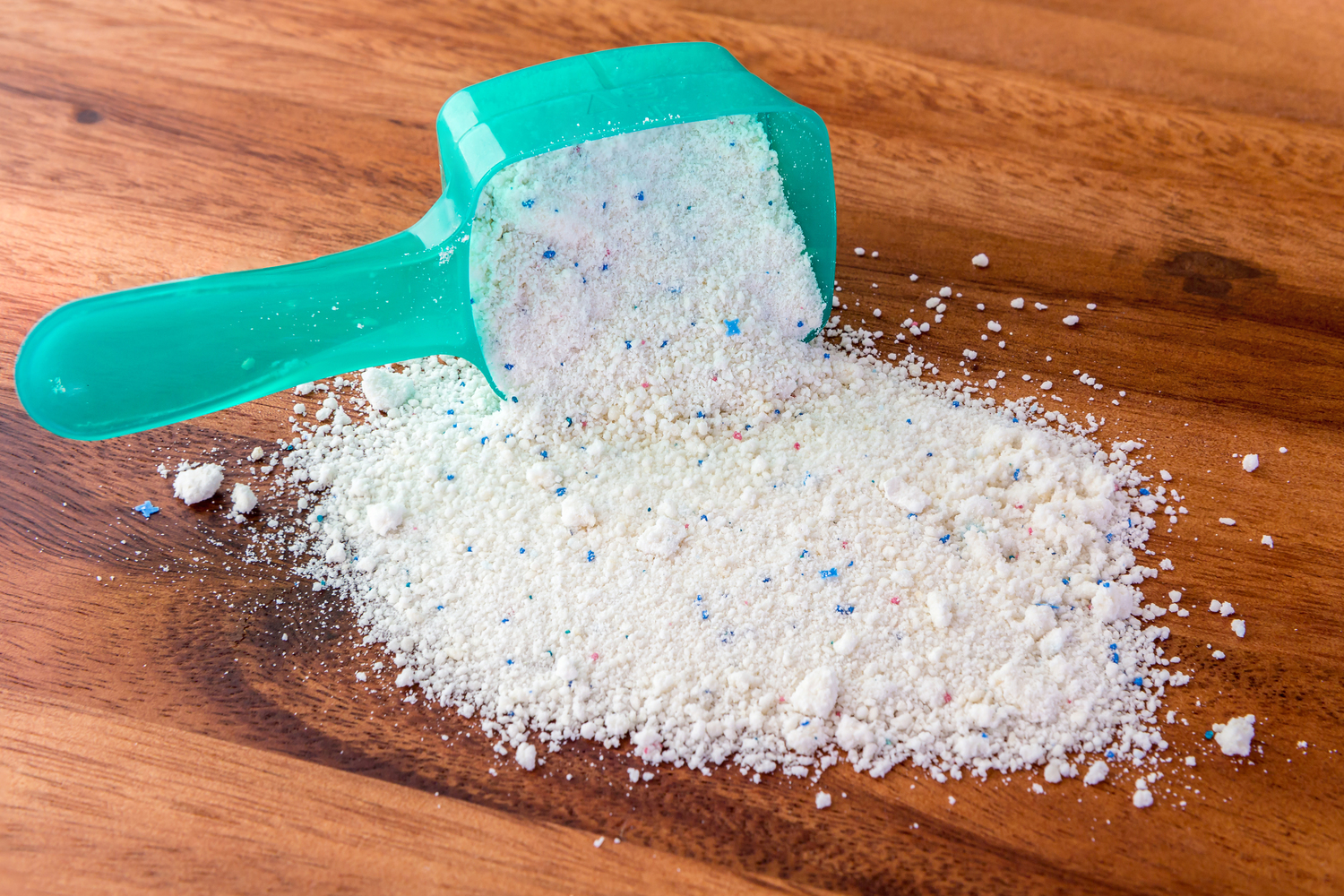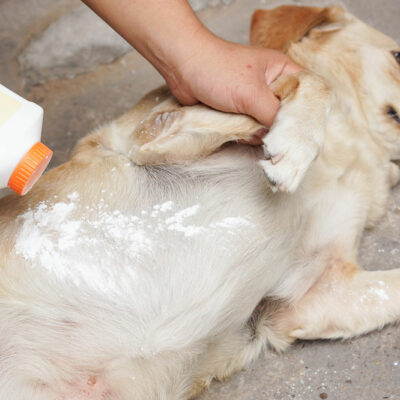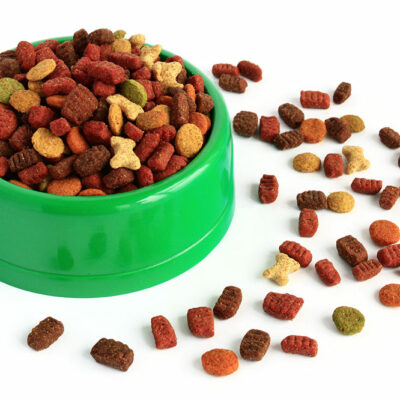
5 Soaps That Trigger Eczema
Plus, Prescription Medicines for Eczema
Eczema is a prevalent skin condition that causes dry, itchy, and inflamed skin. While there are several factors that can contribute to eczema, certain soaps and soap ingredients can trigger flare-ups and exacerbate symptoms. Medications such as Otezla (Apremilast), Dupixent (Dupilumab), and Cibinqo (Abrocitinib) can also cause eczema as a side effect. In this article, we will focus on the common soaps and soap ingredients that trigger eczema:
1. Strong fragrance soaps
Fragrances are a common ingredient in many soaps, but they can be a significant trigger for eczema. Fragrances can cause irritation and inflammation in the skin, leading to redness, itching, and dryness. If you have eczema, it is best to avoid soaps with added fragrances.
2. Sodium lauryl sulfate (SLS) in soaps
SLS is a surfactant commonly found in soaps and shampoos. It helps to create a lather and cleanse the skin. However, it can also strip the skin of its natural oils, leading to dryness and irritation. If you have eczema, it is best to avoid soaps that contain SLS.
3. Antibacterial soaps
Antibacterial soaps are designed to kill bacteria on the skin. However, they can also kill the beneficial bacteria that help to keep the skin healthy. This can lead to dryness and irritation, which can trigger eczema. If you have eczema, it is best to avoid antibacterial soaps.
4. Harsh detergents
Many soaps contain harsh detergents that can strip the skin of its natural oils. This can lead to dryness and irritation, which can trigger eczema. If you have eczema, it is best to avoid soaps that contain harsh detergents.
5. Alcohol
Alcohol is a common ingredient in many soaps and can be very drying to the skin. It can strip the skin of its natural oils, leading to dryness and irritation. If you have eczema, it is best to avoid soaps that contain alcohol.
6. Synthetic colors
Synthetic colors are often used in soaps to make them more visually appealing. However, they can also be a trigger for eczema. Synthetic colors can cause irritation and inflammation in the skin, leading to redness, itching, and dryness.
There are also several steps you can take to help manage eczema and prevent flare-ups. First, it is essential to keep your skin moisturized. Use a gentle moisturizer regularly to help keep your skin hydrated and prevent dryness. Additionally, avoid taking hot showers or baths, as hot water can also dry out the skin. It is also important to avoid wearing clothing made from harsh fabrics such as wool or polyester, as these materials can irritate the skin. Instead, opt for soft, breathable fabrics such as cotton.
If you do experience an eczema flare-up, there are several over-the-counter creams and ointments that can help relieve symptoms. Look for products that contain ingredients such as hydrocortisone, which can help reduce inflammation and itching. Eczema can be a frustrating and uncomfortable condition to deal with. However, by avoiding certain soaps and soap ingredients and taking steps to manage symptoms, you can help keep eczema under control and enjoy healthy, comfortable skin. If you are struggling with eczema, speak to your doctor about the best treatment options for you.


